
FREE SHIPPING TO U.S. AND PUERTO RICO FOR ALL ORDERS $100 AND OVER!
We are unable to accept returns on any products or test kits. All sales are final.
By visiting our site, you agree to our privacy policy regarding cookies, tracking statistics, etc. Read more
FREE SHIPPING TO U.S. AND PUERTO RICO FOR ALL ORDERS $100 AND OVER!
We are unable to accept returns on any products or test kits. All sales are final.
FREE SHIPPING TO U.S. AND PUERTO RICO FOR ALL ORDERS $100 AND OVER!
We do not currently ship internationally.
Hormones are powerful chemicals that help keep our bodies working normally. The term hormone is derived from the Greek word, hormo, which means to set in motion. And that's precisely what hormones do in the body. They stimulate, regulate, and control the function of various tissues and organs. Made by specialized groups of cells within structures called glands, hormones are involved in almost every biological process, including sexual reproduction, growth, metabolism, and immune function. These glands, including the pituitary, thyroid, adrenals, ovaries and testes, release various hormones into the body as needed.
Find out more about the wide variety of Saliva Hormone Tests we have available!
Neurotransmitters directly or indirectly control virtually every system in the body. The levels and balance of hormones are influenced by a number of important neurotransmitters. When neurotransmitters are out of balance from stress, poor diet, and genetic predisposition, the body cannot maintain proper levels of key hormones. Neurotransmitter imbalance leads to or exacerbates hormone imbalance. Symptoms such as depression, mood swings, low libido, and lack of energy can occur in response to these fluctuating levels. Often, addressing neurotransmitter imbalances can reduce or correct hormonal imbalances by optimized communication between the brain and hormone producing glands.
Estrogens effect on mood is due to it's ability to increase serotonin and beta-endorphins, which are associated with positive mood states, as well as acetylcholine, your memory neurotransmitter. Estrogens are neuroprotective by encouraging the formation of new synapses in the brain, increasing the number of 5 HT2a receptors and increasing brain derived growth factor. It helps maintain serotonin, dopamine, and norepinephrine levels by decreasing levels of monoamine oxidase (MAO), the enzyme responsible for the inactivating them.
There have been research studies that have shown an association between decreased levels of estrogen and panic attacks. Many women may develop symptoms of depression, anxiety, and mood swings as estrogen levels begin to fluctuate during perimenopausal years, then further decline at menopause. Too many women that suffer from menopause and depression have been put on anti-depressant medications instead of addressing the hormone levels through testing and natural bio identical hormones.
Just as low estrogen levels can wreak havoc with your system, high levels (estrogen dominance) can cause many symptoms as well. Instead of estrogen playing its essential role within the well-balanced system of steroid hormones, it has begun to overshadow the other players, creating biochemical imbalance. A major contributing factor to the imbalance between estrogen and progesterone is the increased exposure to pesticides, herbicides, plastics, and PCB's. Estrogen dominance may be caused by normal levels of estrogen and relatively low levels of progesterone, or by low levels of estrogen and extremely low levels of progesterone.
Progesterone plays a key role in reproduction. Beyond preparation for pregnancy, progesterone has a multitude of effects throughout the body, many of which can be attributed to its ability to oppose the action of estrogen. Multiple physical and psychological problems at midlife are often caused by an imbalance between progesterone and estrogen.
The brain is highly responsive to progesterone. In fact, progesterone concentrations in the brain have been shown to be 20 times higher than in the blood. Insomnia, anxiety, and migraines are just a few of the conditions linked to an imbalance of progesterone and estrogen. In the brain as elsewhere in the body, progesterone counterbalances the effects of estrogen. Whereas estrogen has an excitatory effect on the brain, progesterone's effect is calming. Clinical and anecdotal experience indicates that women with estrogen dominance sleep restlessly, whereas progesterone replenishment enhances sleep.
It remains unexplained why anxiety disorders are more prevalent in women than in men, and how female hormone-related events (such as menstrual cycle and postpartum) influence the course of anxiety disorders. Several studies have shown progesterone to have anxiolytic (anti-anxiety) effects by acting on gamma-aminobutyric acid (GABA) receptors in the brain. GABA is an inhibitory neurotransmitter that aids in relaxation and sleep. In the brain, GABA helps balance excitation with inhibition. Furthermore, withdrawal from endogenous progesterone supplementation after chronic administration increases anxiety via declining levels of its potent GABA-modulatory metabolites.
Testosterone is a vital sex hormone that plays an important role in puberty. In men, testosterone not only regulates sex drive (libido), it also helps regulate bone mass, fat distribution, muscle mass and strength, and the production of red blood cells and sperm. But contrary to what some people believe, testosterone isn't exclusively a male hormone. Women produce small amounts of it in their bodies, as well. In men, testosterone is produced in the testes, the reproductive glands that also produce sperm. The amount of testosterone produced in the testes is regulated by the hypothalamus and the pituitary gland.
Find out more about the wide variety of Saliva Hormone Tests we have available!
Most women experience some discomfort during their cycle or as they approach menopause. Some symptoms of hormone imbalance include depression, hot flashes, anxiety, irritability, and mood swings. Many women continue to suffer from these symptoms even after they have tried natural or synthetic hormone replacement therapy.
A non-invasive lab test can help determine your neurotransmitter and hormone levels. Testing will determine what products should be used to correct the imbalance that is disrupting your body's hormone regulation. This program uses a specific combination of amino-acids, vitamins, and minerals that will increase your body's production of neurotransmitters. This non-hormonal approach safely addresses many of the symptoms of decreased hormone levels. It can also be combined with other therapies if needed.
Find out more about the Neurotransmitter Tests we have available!
The right balance of these chemicals can set the stage for restoring your health. Your brain and nervous system will once again send strong signals to the rest of your body, resulting in:
Showing 1–24 of 80 results

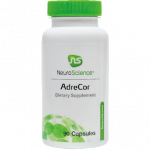

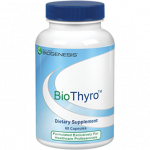

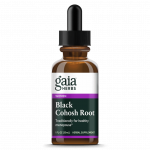

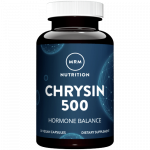
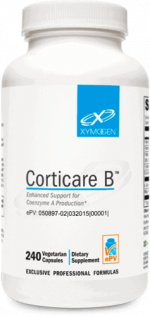
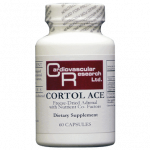
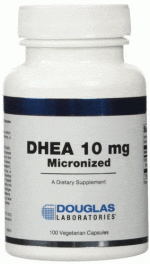

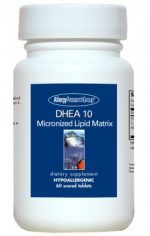
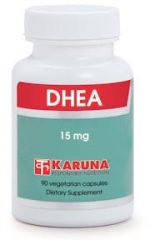
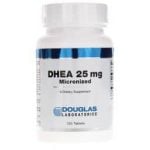
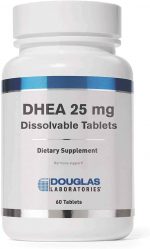
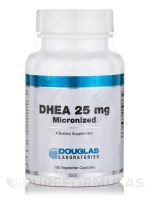

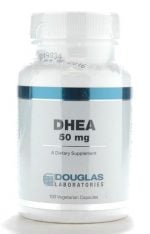





This site is protected by reCAPTCHA and the Google Privacy Policy and Terms of Service apply.